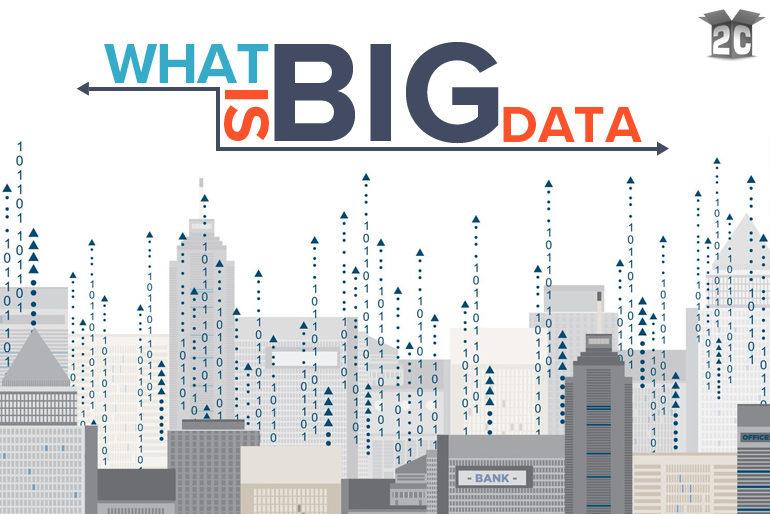
Data has always run things, even in the past era of paper and pencils. Accounting books told companies who was investing and who wasn’t. Who was buying what, and when. It helped decision makers make better choices. Data-driven websites and applications have been run by data bases for years. Nothing new there. But this kind of data doesn’t begin to compare to the kind of data that is being collected now. It’s called, Big Data. And you need it.
We are in the era of exponential growth and availability of data, both unstructured and structured data, like schema.org.
We are all familiar with the complaints about the NSA and all the data that is being collected about American citizens, and international leaders have been out-raged by Americans collecting data on them.
There is data you need concerning your business. And someone is collecting it. Shouldn’t that be you?
What is Big Data?
We are all familiar with this idea, even if we do not know it as ‘Big Data’.

Big data is as important to business now, as the Internet is already!
Having started our business shortly after the internet started democratizing information between networks, in the mid-1990’s, we have seen how mainstream the internet has become in conducting business.
Now, two decades later, we are seeing how big data will do the same.
Why? More data = More accurate business decisions
Having access to even more data about your visitors/users, content, leads and conversions will have a positive impact towards confident decision making. And better decisions can mean greater operational efficiencies, cost reductions and reduced risk.
Big Data Defined
Doug Laney is a Research VP for Gartner Research, where he covers business analytics solutions and projects, big data use cases, and other data-governance-related issues. He defines big data this way:
“Big data” is high-volume, -velocity and -variety information assets that demand cost-effective, innovative forms of information processing for enhanced insight and decision making.
Things to Know about Big Data
The Variety of Data Available
As a website hosting company, we use log files to tell us a lot about users, visitors and, even, hackers. But we are not alone.
- Law Enforcement is now using Social Media data to predict and solve crime.
- Companies look at all kind of data to check on a employment candidate.
- Marketing agencies can look at the way you communicate to find patterns of success and failure.
- The FBI is using genetic data to solve cold cases.
Most of this data already belongs to organizations, but it is unused — that’s why Gartner calls it ‘dark data’. Using the dark matter metaphor from physics, dark data cannot be seen directly, yet it is there, making up the bulk of our informational universe.
The Velocity of Data
What if you could find ways to track and link data sets that showed the patterns of customers needing support, or sales of products at a certain time of day, or could track the rate of change in that data?
How would that change your in-house decisions? Would you hire more support for a certain day or time of day? Would you push content about a certain product during the lunch hour, or on the weekends?
Volume Of Data
This is about the number of big data mentions in the press and social media.
What Big Data Should You be Analyzing Now?
In the not so distant future, your company will have tools that make the path to data enlightenment a little easier than rocket-ship science.
Remember how big a deal it was to find an ISP and get a phone modem installed in the 1990’s? We don’t even think about it now. The same will come true in this new frontier.
Already, there are tools that let you harness some of the available data for your organization. No matter your need, there is a tool for you.
Here is a small list of tools you have probably heard of, or are already using:
- Hotjar Heatmaps & Visitor Insights (one of our favorites)
- Moz SEO (another favorite)
- Google Webmaster Tools (free)
- Google Analytics (free)
- Hubspot
- Marketo
- Kissmetrics
- Optimizely A/B Testing
In Conclusion
Get started now. Pick one of the above tools and start immersing yourself in organizational data. Get good at one kind of data, and then move on to the next. The more you know about your company and your clients, the better your decisions will be.
The sooner you learn to harness data to optimize and automate your company, the better your success.

